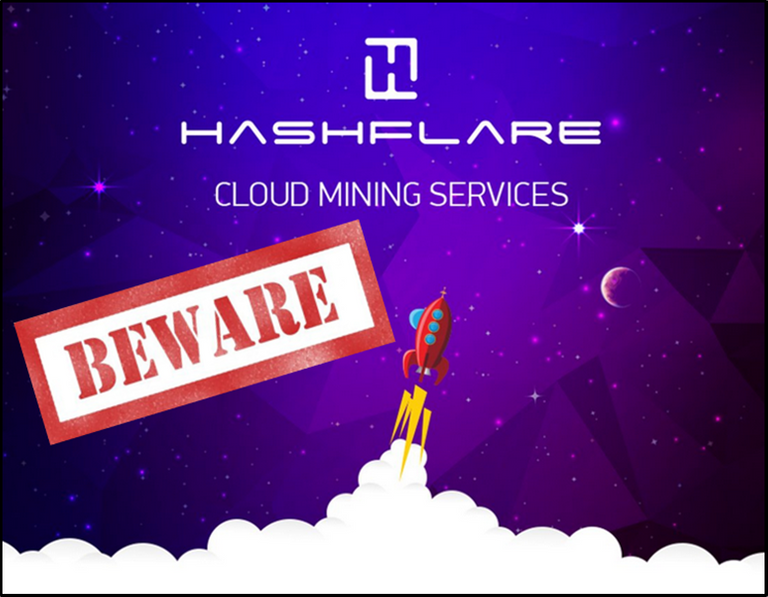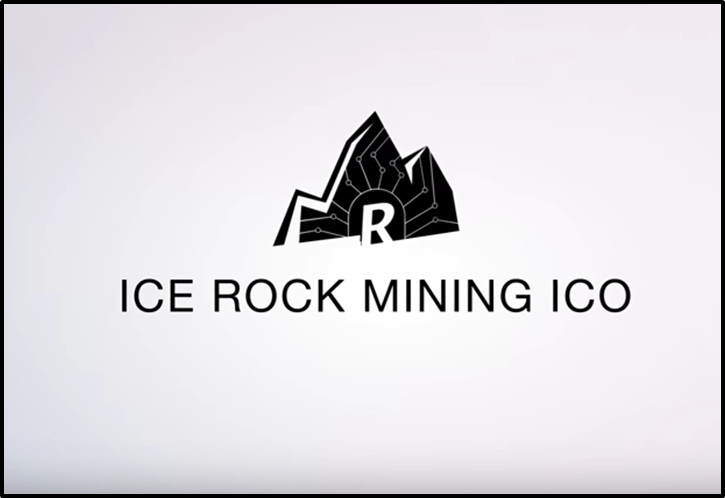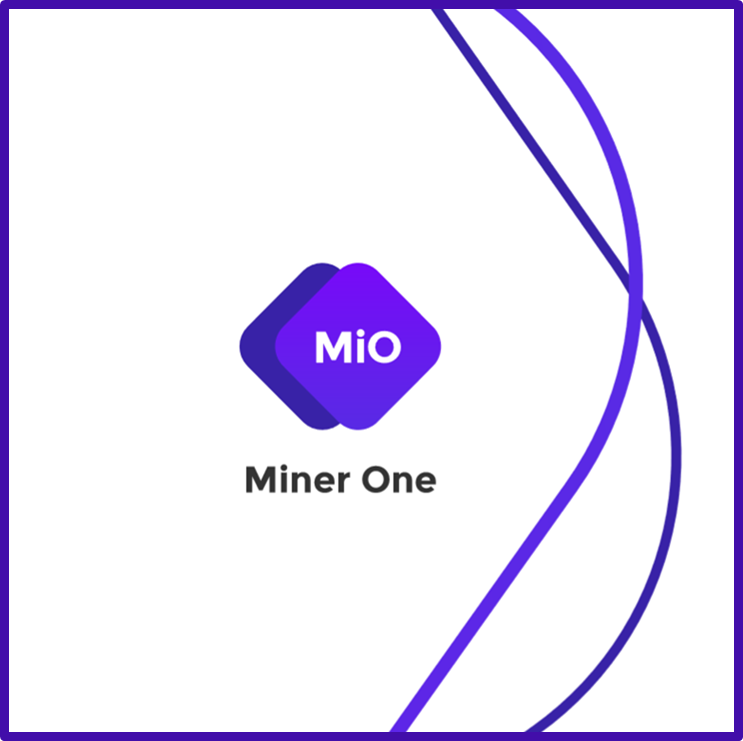Hashflare is known to be one of the best and most popular companies for cloud mining. Almost daily you can see advertisements for Hashflare.
But is it true? Is Hashflare reallyone of the best?
At first let’s have a look at Hashflare:
Hashflare is active since 2015 and all information is listed transparently on the website. You can see the team of Hasflare. The team is from Estonia and has a lot of experience with Bitcoin.
The mining-contracts:
Hashflare offers mining by SHA-256 algorithm, so bitcoin is mined. You can buy any amount of hash power, the price is currently 1.20 dollars per 10 GH/s. Compared to other providers, like Genesis Mining (1.79 dollars per 10 GH/s), the price is a little bit cheaper.
But Hashflare’s contracts are limited to 1 year (!)
This regulation was introduced in autumn 2017 and all lifetime contracts were reduced to one year.
Despite big displeasures of customers, Hashflare still has this time limit today.
As a customer you have enormous risks, because if the ROI (return of investment) is now over 365 days, you make a loss. The money that has been paid for the purchase of the contract must first be regained until pure profit is made.
The risk has increased enormously compared to lifetime contracts. Under the new conditions of hash flare, you might be lucky to make a 25 percent profit, but it could just as well go the other way. The ROI is currently 350 days and rising.
With lifetime contracts, there was no pressure to generate ROI within 365 days, as the contract simply continued after 365 days. After that, it would have been pure profit.
Instead, Hnow has the option after one year to sell the expiring contracts for new money to a new customer - a contract that would have continued normally for the original customer with the same hardware.
Hashflare has no additional costs for new hardware, but collects new money from the new customer as with a normal new purchase of hardware.
A very advantageous regulation for hash flare and a very disadvantageous one for customers.
The following example shows how much the difference is:
Considered is an investment of 1,000€ over 3 years.
Variant 1: Lifetime contracts, ROI = 400 days
Contract price: 1 x 1.000€ = 1.000€
Daily profits: 1.000€ / 400 days = 2,50 €/day
3 years = 1,095 days
Mining profits: 1,095 days x 2.50 €/day = 2,737.50€
Total profits: (mining profit- contract price)
2.737,50€ - 1.000€ = 1.737,50€
Result after 3 years: 1.737,50€
Variant 2: contracts for one year, ROI = 400 days
Contract price: 3 x 1.000€ = 3.000€
Daily profits: 1.000€ / 400 days = 2,50 €/day
3 years = 1,095 days
Mining profits: 1,095 days x 2.50 €/day = 2,737.50€
Total profits: (mining profits - contract profits)
2.737,50€ - 3.000€ = -262,50€
Result after 3 years: -262,50€
Conclusion:
With the new regulation there are losses. At the same time you had made huge profits by having lifetime contracts.
That's because you always have to buy the contract every year again. If you now take a longer period of time into account, the difference becomes ever clearer.
Hashflare doesn't care, because they always make profits when they sell something.
That's why I strongly advise against Hashflare, as customers are ripped off!

Another rule crated by Hashflare is a payout limit of 0.05 Bitcoin (currently about 300€). So you need to have earned more than 300€ in order to get a payout.
A payout limit makes sense, avoiding high fees for small payouts. But a payout limit of 300€ is beyond good and evil. If you have invested 600€, the ROI is 350 days, you can only pay out every six months. This is total bullshit and not customer-friendly at all.
But Hashflare was creative and has more crazy regulations:
If mining is no longer profitable, like a too low bitcoin price or too high a difficulty, Hashflare reserves the right to shut down the contracts: If on 21 consecutive days the cost of maintenance fees is higher than the revenue generated by mining, Hashflare simply cancels the contracts. This is also stated in the terms and conditions of Hashflare:
5.5 The Mining process continues until said mining is profitable. This means the Mining process will stop if the Maintenance and Electricity Fees will become larger than the Payout. If mining remains unprofitable for 21 consecutive days the Service is permanently terminated (Hashrate type specific). During the consecutive 21 day period, Payouts and Fees will also be temporarily stopped. If during the suspension period, the Contract-related mining factors (such as the exchange rate and mining difficulty) that are outside of HashFlare's control will change favorably, making mining profitable again, the Service will be unsuspended and contracts reactivated.
According to this the customer is without anything and Hashflare still owns the devices - again a nice disadvantage for every customer.
If after 21 days the bitcoin rises again or the difficulty decreases, Hashflare can start to mine again, but for itself, because the contracts of the customers are cancelled!
After all, Hashflare is absolutely not recommended, as customers are brazenly cheated here. According to actual conditions the ROI is already up to 400 days, you make definitely a loss, since the contract runs only 365 days.
Should the bitcoin continue to fall while the difficulty does not decrease significantly, all contracts will also be cancelled as soon as 21 days at a time no profit has been made.
Then all the people who bought there are having huge losses.
It’s hard to understand, why hash flare is still being promoted...
But what are the alternatives?
Currently there are not many companies left that can be recommended. Global market leader Genesis Mining and the less well-known German company Bitcoinvest GmbH are best, and offering lifetime contracts. The payout limits are around 50 Dollars and the contracts are only terminated after 80 days (Genesis) or the hardware is shut down (Bitcoinvest).
Profits are also a little bit better. Genesis is currently sold out, but at Bitcoinvest you can still buy hash power.
The Polish provider CCG Mining is also an option. But the prices there are more expensive than at Genesis and Bitcoinvest and the contracts (Bitcoin) run for only 2 years.
Mining tokens are another promising model. For these concepts, a company does mining and distributes the profits to owners of the company's own coins (ERC20 tokens based on the Ethereum blockchain).
So-called "smart contracts" automatically detect how many tokens are located on which address and send the mining profits to these addresses, depending on how many tokens you own.
New companies of this model are actually build up and first payouts will take place until this summer, depending on the company. Well-known suppliers are Envion, Miner One, Ice Rock Mining and Hydro Miner.
These new concepts have the advantage that you don't have to buy contracts, you buy tokens that also have a value (like Bitcoin or Ethereum). You can sell these tokens later if you no longer want to participate in mining. Only the owner of such tokens receives the mining payouts on his wallet.
So this new concept is like a lifetime mining contract that you can resell at some point. It's like a coin generating profits.
The value of such tokens that generate lifetime profits should also increase, as such a model will be very popular.
So this new model has two components:
- The regular mining profits
- The value of the tokens
With previous cloud mining, on the other hand, you only have the mining profits; you get nothing for the contracts you bought at the beginning, because you cannot sell them.
It's not unlikely that the current cloud mining providers will soon lose their customers if the new concept becomes famous.
But you should also be careful with the new concept, as many companies are coming to the market here, but not all will get profitable. Many will just take advantage of the hype and quickly disappear again.
I have already presented two concepts with good perspectives for getting very famous in the future:
Link to Ice Rock Mining and Miner One project review here on steemit:
How do you see it? Which companies are still profitable for you?


due to the awesomeness of this...
you've been upvoted & resteemed by
: : fREeSTEEM : :
a free resteemer of great postsDone Free Resteem !! This post received a free Resteem to all my followers (+1400 followers) or Send 0.2 to 5 SBD for upvote from 70+ accounts , Get your free Resteem NOW! Just follow @asrizal
Thanks :)
I'm not in the mining business. So it was great to learn how it works. Think the trend will continue to shift towards contracts with a specific lifetime.
Then the other option you mentioned is much more dangerous, as the companies could offer tokens issued by themselves, if those loose in value your return would diminish accordingly.
Yes, lifetime contracts are appreciated. Genesis Mining is offering them and sold out...
But I think if new companies can keep up with mining revenues and offering tokens instead of contracts the'll be more succesful.
If the company fails, the tokens are worthless, that's true...
Congratulations @marco94! You have completed some achievement on Steemit and have been rewarded with new badge(s) :
Click on any badge to view your own Board of Honor on SteemitBoard.
To support your work, I also upvoted your post!
For more information about SteemitBoard, click here
If you no longer want to receive notifications, reply to this comment with the word
STOPDo not miss the last announcement from @steemitboard!
Coins mentioned in post:
i got my money back invested in hashflare plus bonus when btc prices went up. cant complain hashflare.io for me is the best
Wow. This is an extremly interesting article for me because i tought about investing in mining services like this. Thank you for the warning
Thanks :)
And yes, cloudmining is very hard these days, maybe it will be better again, but I'm not sure. Tokenmining seems to be the better concept to me.